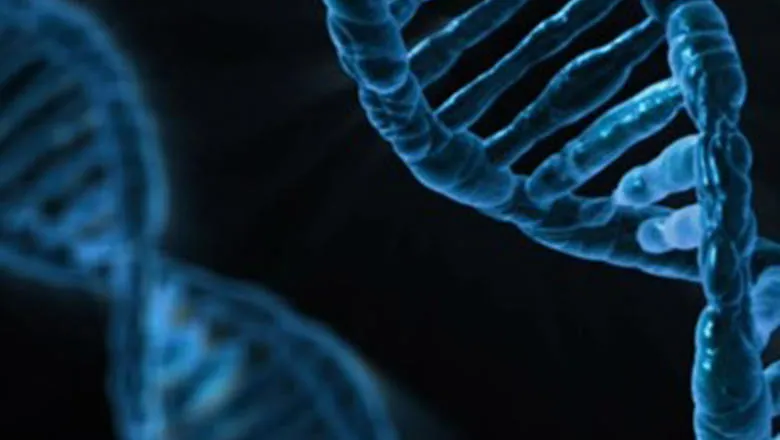PD-L1 has been particularly well studied in animal models because of its crucial function in sending a stop signal to the immune system and its relevance to cancer immunotherapy. But, to our knowledge, nobody has ever found humans with a disease-causing mutation in the gene encoding PD-L1. We searched the globe, looking at all the large-scale datasets that we know of, and we haven’t been able to find another family. These siblings therefore provide us with a unique and incredibly important opportunity to investigate what happens when this gene is disabled in humans.
Dr Matthew Johnson, University of Exeter (Study author)
17 May 2024
Siblings with unique genetic defect help scientists progress drug search for type 1 diabetes
Scientist from the University of Exeter, King’s College London and Rockefeller University have collaborated to gain a new insight into type 1 diabetes

Two siblings who have the only known mutations in a key gene anywhere in the world have helped scientists gain new insights that could help progress the search for new treatments in type 1 diabetes.
The new research, published in the Journal of Experimental Medicine, began when researchers from the University of Exeter studied two siblings who were diagnosed with a rare genetic form of autoimmune diabetes in the first weeks of life. The University of Exeter offers free genetic testing worldwide for babies diagnosed with diabetes before they are nine months old.
When researchers tested the two siblings in the study, no mutation in any of the known causes was identified. The Exeter team then performed whole genome sequencing to look for previously unknown causes of autoimmune diabetes. Through this sequencing, they found a mutation in the gene encoding PD-L1 in the siblings and realised it could be responsible for their very-early-onset autoimmune diabetes.
Type 1 diabetes (also known as autoimmune diabetes) is a devastating and life-long disease, in which the patient’s immune cells wrongly destroy the insulin producing beta cells in the pancreas. People living with autoimmune diabetes need to test their blood sugar and inject insulin throughout their lives to control their blood sugars and prevent complications. Autoimmune diabetes can result from a variety of genetic defects and occur in early childhood.
However, there are many cases without known genetic explanation. In addition, some cancer patients treated with a category of immunotherapy (i.e. PD-1/PD-L1 blockade) are prone to developing autoimmune diabetes. The reason why only this category of cancer immunotherapy, among many other approved categories of therapy, can trigger autoimmune diabetes is not well understood. Apart from life-long insulin replacement therapy, there is currently no cure for genetic or immunotherapy-associated autoimmune diabetes.
Researchers from the Rockefeller Institute in New York and King’s College London collaborated with Exeter to study the siblings, with funding from Wellcome, the Helmsley Charitable Trust, Diabetes UK, and the US National Institutes for Health.
After contacting the family’s clinician in Morocco, the Exeter team visited the siblings where they were living to collect samples and return them to King’s College London, within the crucial ten-hour window for optimal analysis. The London and New York teams then performed extensive analysis on the siblings cells.
Through studying this one set of siblings – unique in the world to our knowledge – we have found that the PD-L1 gene is essential for avoiding autoimmune diabetes, but is not essential for ‘everday’ immune function. This leads us to the grand question; ‘what is the role of PD-L1 in our pancreas making it critical for preventing our immune cells destroying our beta cells?’ We know that under certain conditions beta cells express PD-L1. However, certain types of immune cells in the pancreas also express PD-L1. We now need to work out the “communication” between different cell types that is critical for preventing autoimmune diabetes.
Professor Timothy Tree, King’s College London (Study co-author)
The paper is entitled ‘Human inherited PD-L1 deficiency is clinically and immunologically less severe than PD-1 deficiency’ and is published in the Journal of Experimental Medicine. The research was supported by the National Institute of Health and Care Research (NIHR) Exeter Biomedical Research Centre.

